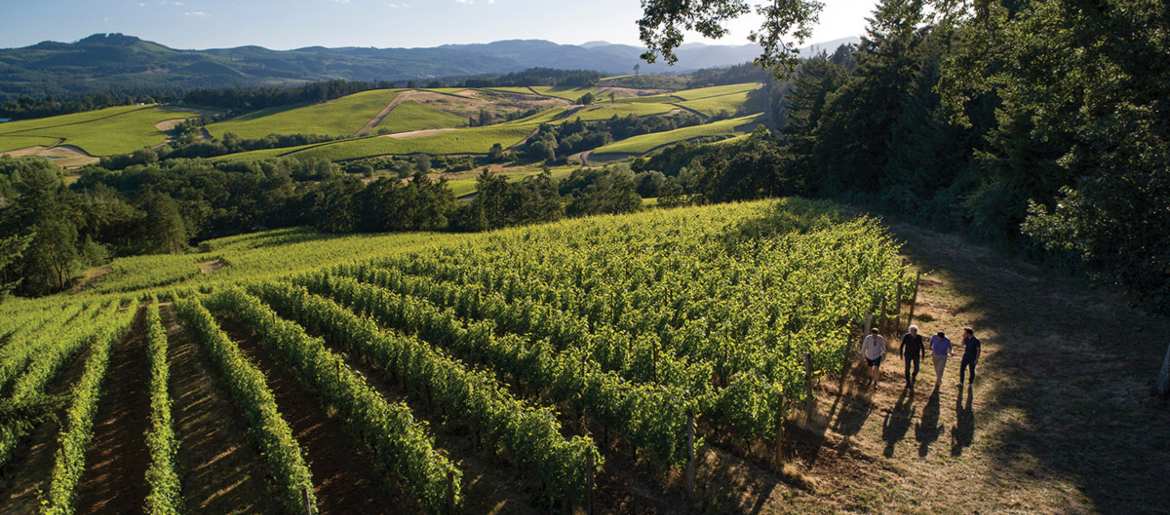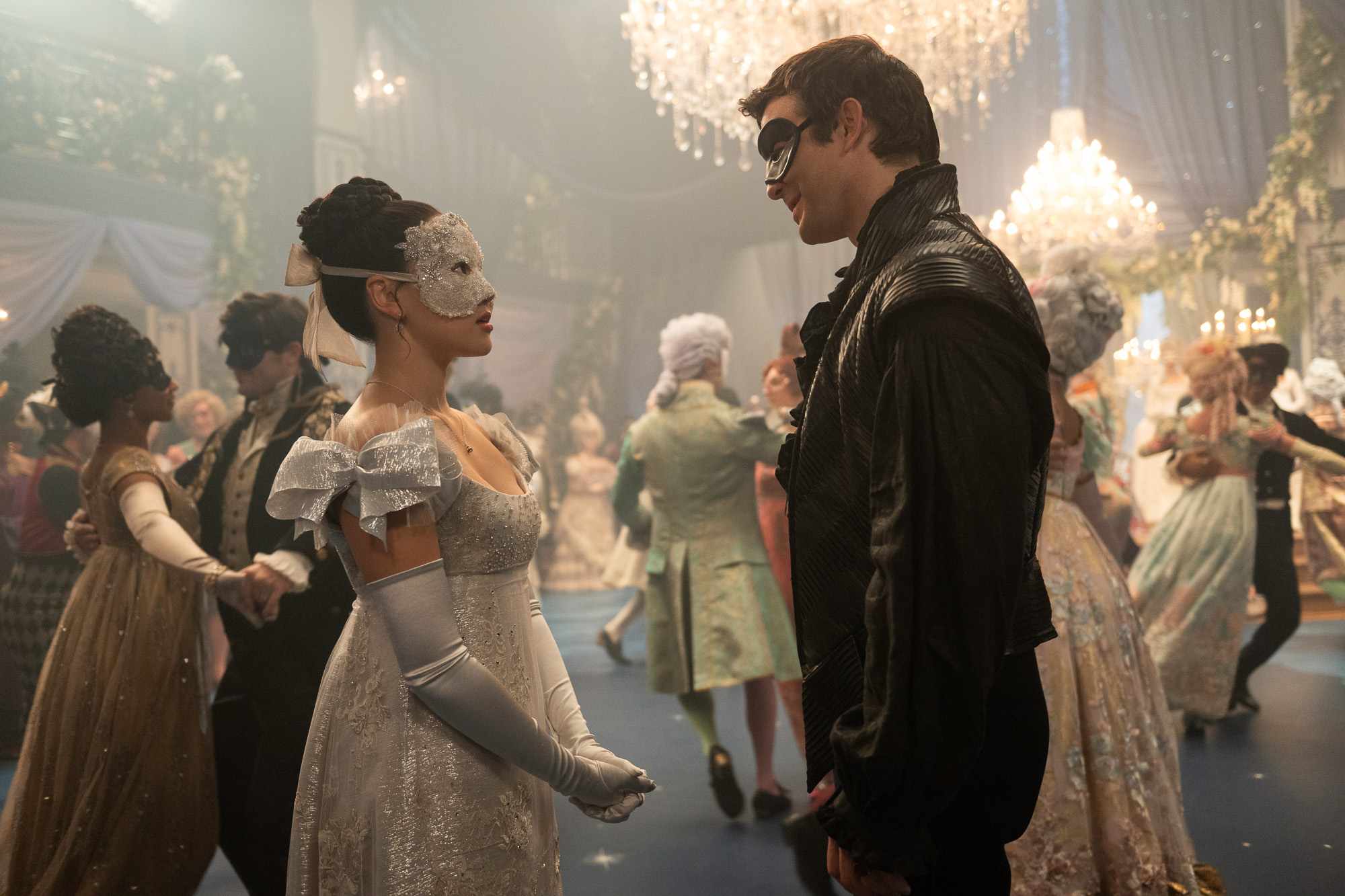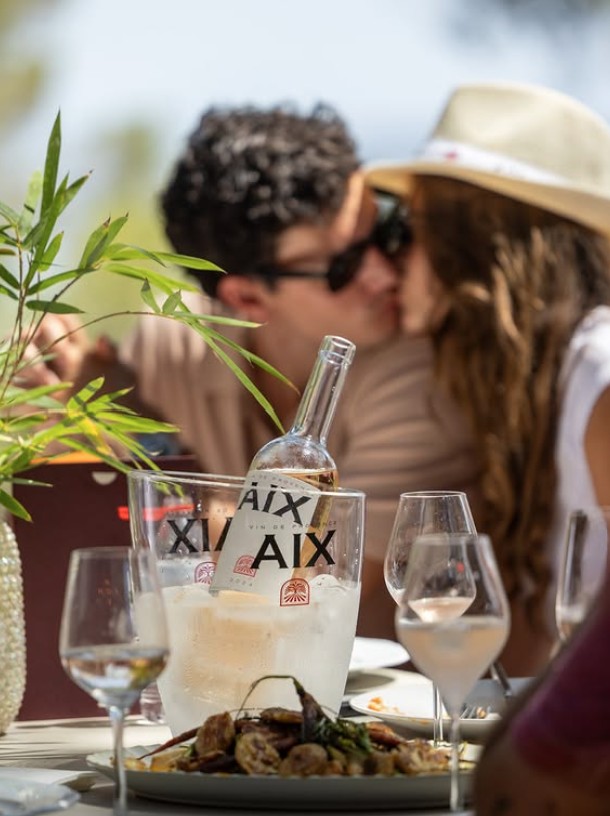In 1962, Rachel Carson published Silent Spring, exposing the realities and consequences of the United States’ lacking environmental protection standards. This book is now credited as the driving force behind the creation of the Environmental Protection Agency (EPA). Carson is also the reported inspiration behind the inaugural Earth Day in 1970 that we still honor today.
However, it’s hard to feel celebratory for Earth when our planet has an undeniable carbon problem. Even with clear science, our approach to addressing climate change has been underwhelming.
Greenhouse gasses have passed a tipping point in our atmosphere, trapping heat and carbon dioxide and substantially altering Earth’s climate. Since the industrial revolution, humans have already warmed the planet by 1° centigrade, and that trajectory is set to continue. According to the UN’s most recent climate plan, carbon emissions need to hit their peak in the next three years and fall quickly afterward if we are to prevent the worst.
However, it’s not all doom and gloom, particularly for the world of fine wine. Climate change has delivered an interesting pairing of good and bad for the wine industry and a beacon of hope for a sustainable future.
Climate change’s greatest risk to fine wine
The grave consequences of our changing climate are redefining the business landscape for many commercial sectors. One of the most drastically impacted sectors is agriculture and farming. Without growers producing grapes, there is no wine.
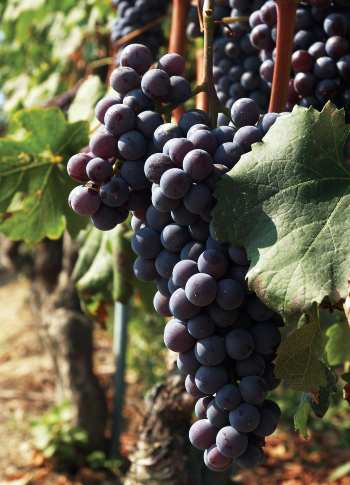
Global temperature changes are fundamentally shifting where, when, and what kind of wine can be grown, putting the future of multi-generational local wineries at risk in renowned wine-making regions. Many wine grapes are finicky about their growing conditions, making this industry particularly susceptible to changing weather. The average climate in top wine-growing regions is getting hotter, the grapes are ripening earlier, and we’re no longer seeing full harvest yields.
Unpredictable weather patterns are affecting crop abundance and grape chemistry and quality. With increasingly frequent fires, droughts and floods, entire harvests and businesses will continue to be put in danger. According to the European Committee of Wine Companies, 80 percent of France’s vineyards were affected by an extreme frost last year. Meanwhile, the devastating fires in Napa during 2020 and 2021 and catastrophic floods in Germany’s Ahr Valley stand as somber reminders of the harm these unpredictable events can cause.
Silver linings: The greatest opportunities
The warming of some areas and cooling of others has led to an interesting situation. While some growers are struggling, others are suddenly finding fertile soil to establish vineyards in their once frigid backyards. Because these regions are getting warmer, other regions that used to be too cold have become emerging markets in fine wine. Investment-grade English sparkling wine, anyone?
Beyond that, a growing number of wineries are adopting sustainable, organic, carbon-neutral strategies. Winegrowers and other business owners have long been hip to the idea that sustainability is just as good for business as it is for the environment. There is research demonstrating that a systematic approach to sustainability can transform the planet and companies’ bottom lines. For example, Champagne is trying to reduce its carbon footprint by 75% by 2050. There are many more examples, especially in France.
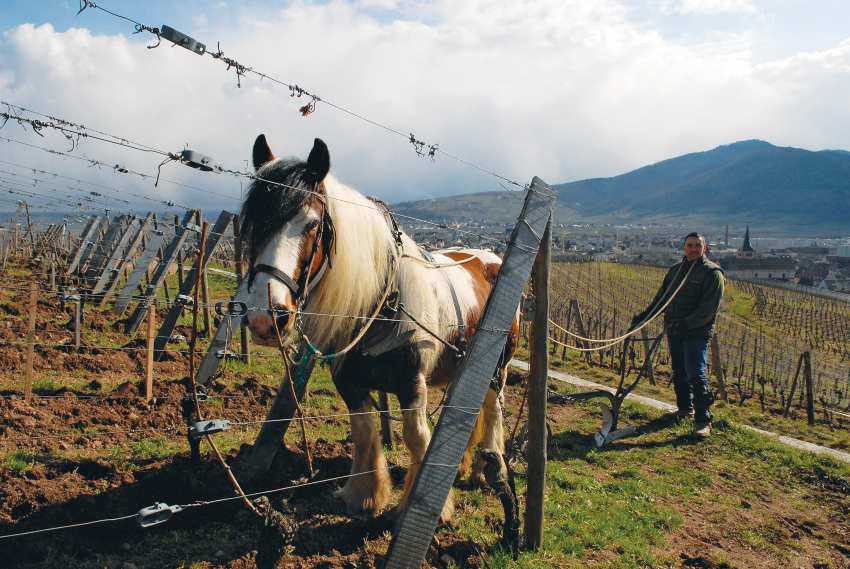
Fine wine investing also presents a great opportunity to those looking to make their investment portfolios align with their desire to support sustainability objectives. The Environmental, Social and Governance (ESG) investing movement is gaining attention from investors and trending closer toward table stakes every day. In my own work, I am dedicated to leading the way in making fine wine investing more sustainable through constantly improving and evolving our business practices to protect the environment. I am inspired by the long list of other companies taking similar steps toward a sustainable future.
Read more about sustainable winemaking here: Red, White, and Green: A Guide to Sustainable Winemaking Practices
Amidst climate change, a sustainable future for fine wine
Climate change poses an urgent and existential threat to the wine sector, to our economy, and to our society at large. While changing the world isn’t easy, Silent Spring holds an important lesson and reminder. When the light is shone upon the truth often enough, by enough people, it will inspire a movement.
We can still take bold action and achieve a sustainable future for this sector and our global economy, but it will require unprecedented collaboration and commitment worldwide and a shared understanding of what is truly at stake. Climate change is the 2022 problem we cannot ignore, just like the seriousness of chemical and air pollution in the 1960s and 70s.
Businesses leading the charge are one essential component in protecting our future. But if we are going to make a toast to our fragile planet and to the progress made by Rachel Carson’s groundbreaking research – with an organic natural wine, of course — then we need more than corporate sustainability initiatives. We need drastic governmental protective measures to reduce greenhouse emissions. So, in your next free five minutes, consider a call to your local congressperson to discuss how we can do better by our Earth.
